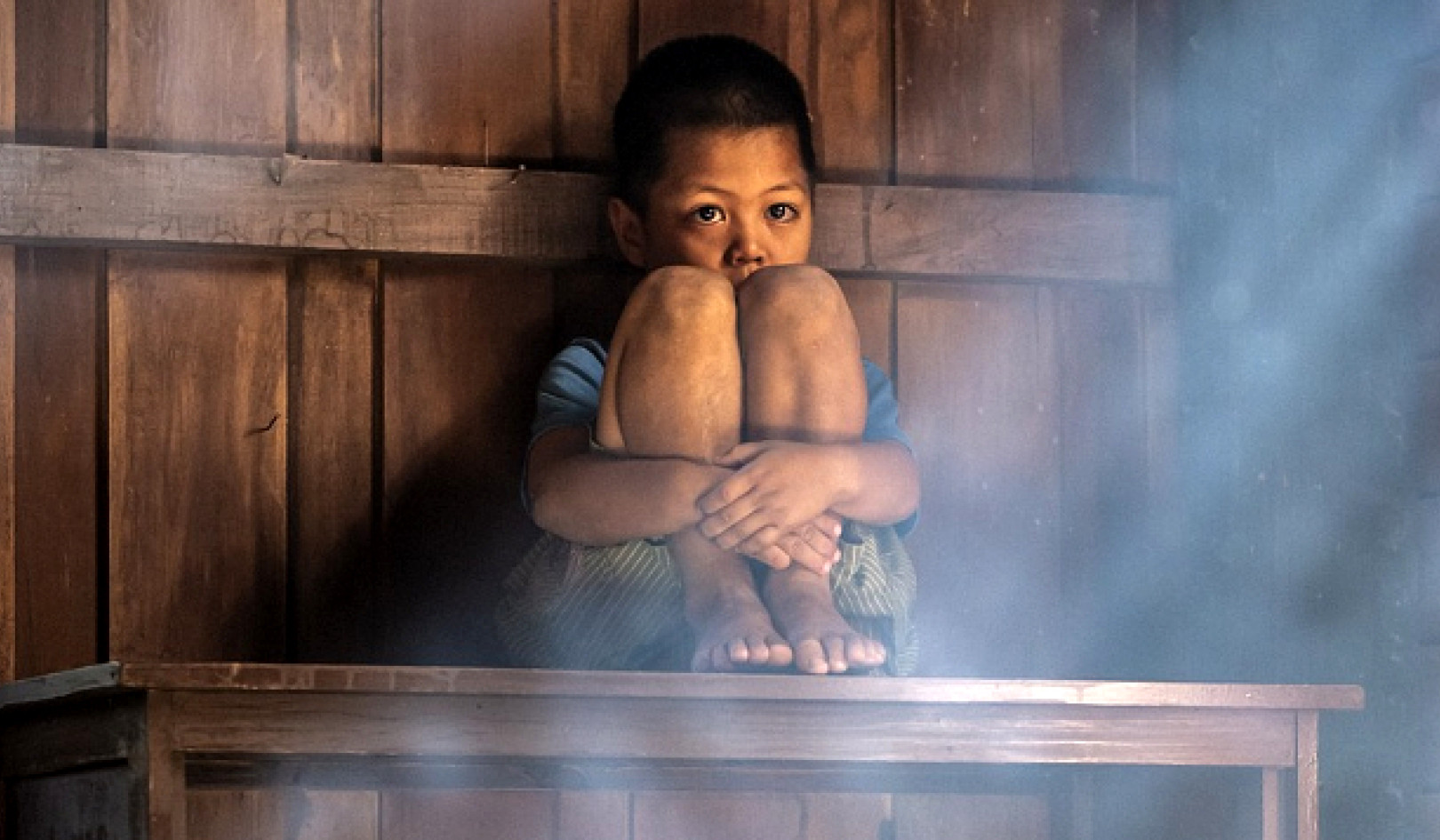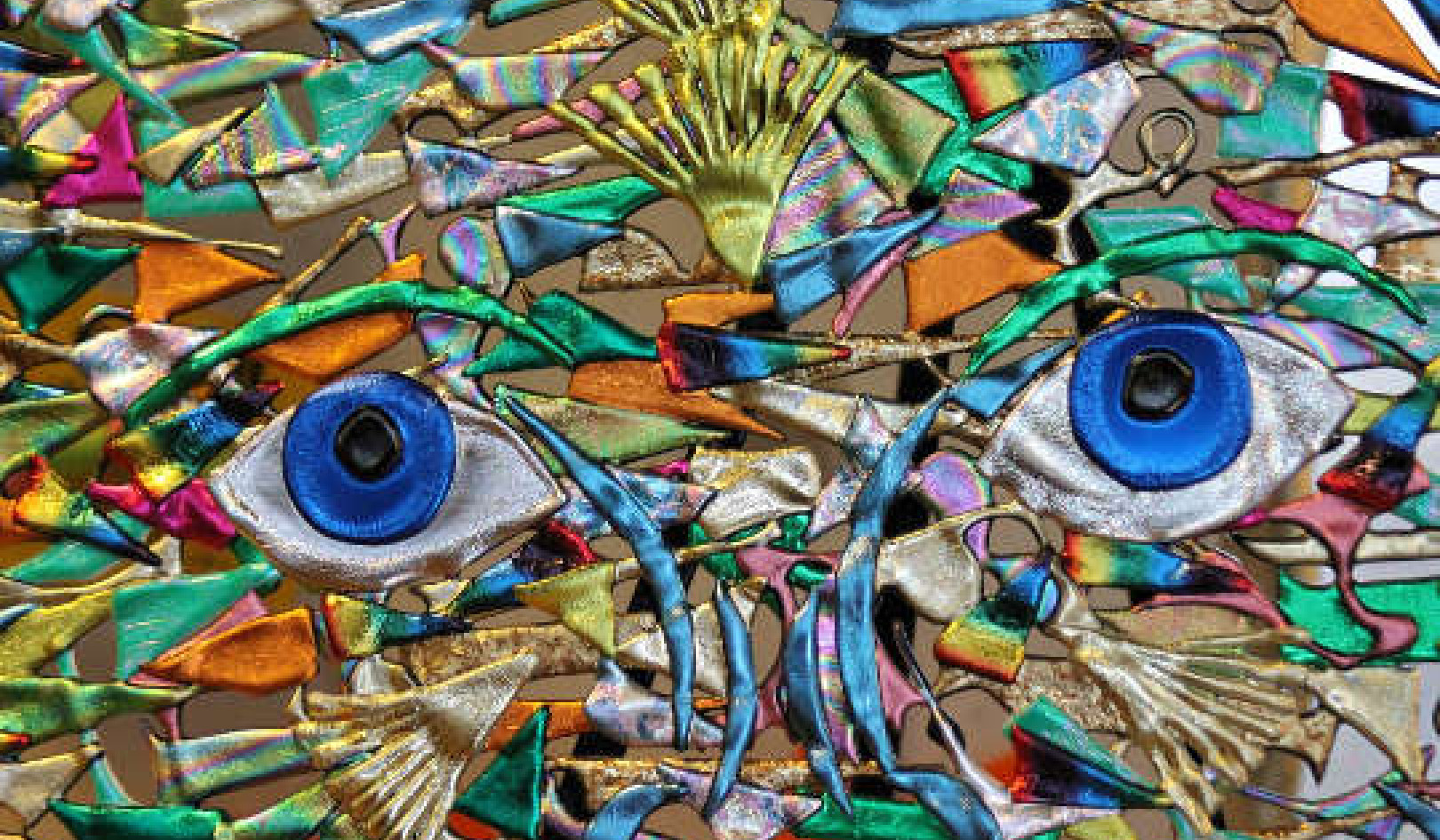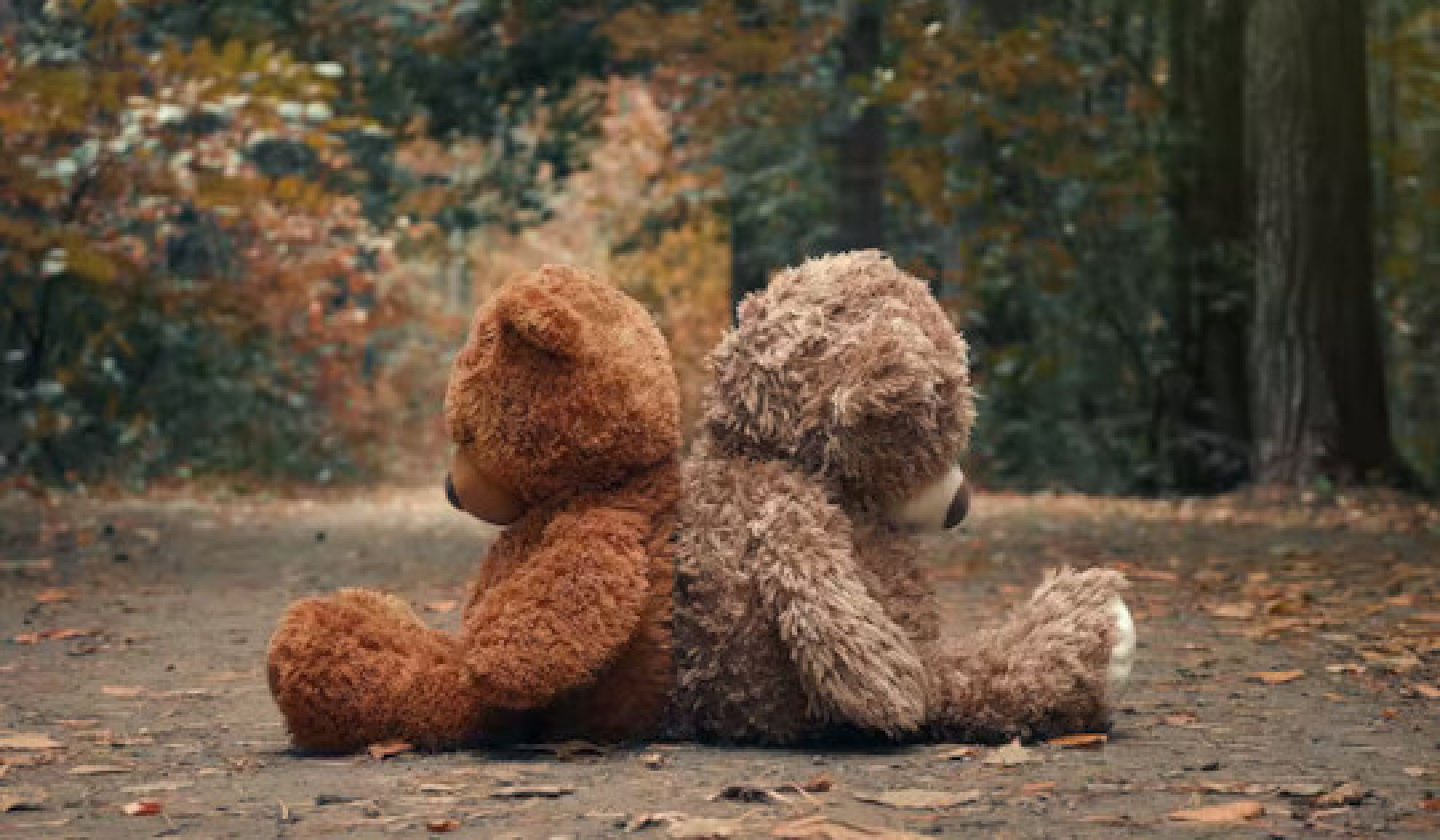
Some religious teachings may start out as lessons in Oneness but, over time, they become distorted, reinterpreted to be a lesson that justifies duality. The ancient story of Adam and Eve is one example. A common version of the story explains that humankind is doomed to live in misery because Adam and Eve disobeyed the command of God by eating forbidden fruit. As an aside, because Eve enticed Adam, we are told that women are primarily to blame, and by extension the cause of at least some, if not all, of men’s sins.
This interpretation requires that critical details be ignored, but perhaps their importance makes sense only from the perspective of Oneness.
When we return to the story’s origins, we find that Eve is an ancient word for “breath” or “the living soul.” Adam calls her Eve because she is the mother of all living things, just as our thoughts are the cause of all that we manifest. Adam means “earth” or “physical being.” Thus, we begin with the soul and the body of each of us, without exception.
Adam and Eve were the first couple — body and soul joined on Earth. They lived in paradise until Eve disobeyed God and brought home the forbidden fruit, which they ate. As the story goes, God punished them by expelling them from paradise to live in perpetual pain.
Duality: The Belief in Good and Evil
 Contrary to popular belief, it is not an apple tree that was off limits. Adam and Eve were told that all the fruit in the garden was for their use, except the fruit of the tree of the knowledge of good and evil, “for in the day that thou eatest thereof thou shalt surely die.” Thus, we have the soul of humankind consuming a belief that divides us and can only lead to the body’s misery and death.
Contrary to popular belief, it is not an apple tree that was off limits. Adam and Eve were told that all the fruit in the garden was for their use, except the fruit of the tree of the knowledge of good and evil, “for in the day that thou eatest thereof thou shalt surely die.” Thus, we have the soul of humankind consuming a belief that divides us and can only lead to the body’s misery and death.
A serpent tells Eve that the fruit of the forbidden tree will make them as gods; in other words, knowing good and evil. What Eve did not understand was that to think both good and evil are true is to be deceived, to enter into separation or duality. Adam and Eve’s story, one that is as old as humankind, actually warns about the danger of dividing the world into good versus evil, us versus them, man against woman, nation against nation. Such beliefs contradict Oneness.
Only in duality is good pitted against evil, but to believe in both good and evil is the fall from grace, a stark denial that we are all equally made in the image and likeness of God. The belief in evil replaces the truth with the illusion of separation, the resulting fear leads to attacks, and peace is made impossible. As long as we think separation serves us, that our salvation — however that is defined — depends on being among the chosen few, we cannot let the illusion go. We thus evict ourselves from the Garden of Eden and place Oneness beyond our reach.
The story of Adam and Eve’s fall from grace helps explain how we lose our way, why Oneness has been difficult to achieve, and why duality has been so tenacious. Recognizing the differences between Oneness and duality and how they operate in our world opens us to the possibility of the body and the living soul, symbolically called Adam and Eve, returning to the Garden of Eden by leaving duality behind.
Before God took Adam’s rib to create Eve, “the Lord God caused a deep sleep to fall upon Adam,” but no reference was ever made to him waking up. The time is at hand for Adam and Eve to awaken.
Religion and Oneness on Earth
While the concept of Oneness may be especially perplexing to Western minds, ingrained as they are in opposites like good versus evil and us versus them and the separation that such opposites imply, Jesus promised us Oneness on Earth. The often recited phrase in the Lord’s Prayer. “Thy kingdom come, Thy will be done, on Earth as it is in Heaven,” speaks of what is to be in this world. How could this be? Because Jesus was teaching us how to step out of duality and into the consciousness of Oneness.
Jesus was not the first to deliver a teaching like this. Five hundred years before Christ, Buddha taught that freedom from worldly illusions may be achieved by anyone who is disciplined and pursues the right dhárma or virtuous path, thus enlightenment is accessible in this life. In the same time frame (fourth and third centuries bce), the teachings of Taoism recognized the Great Way, the Tao, as a path to achieving spiritual grounding in this life.
The role of religion in making Earth as it is in Heaven is not to be underestimated. The institution of religion is uniquely suited to teach us how to achieve Oneness. By returning to its deepest roots, religion can relinquish its misguided subservience to duality, wherever it still exists, and champion the organizing principle of Oneness — at last.
©2010 by Sylvia Clute. All rights reserved.
Reprinted with permission of the publisher,
Hampton Roads Publishing Co. Inc.
Dist. by Red Wheel/Weiser, Inc. www.redwheelweiser.com
Article Source
Beyond Vengeance, Beyond Duality: A Call for a Compassionate Revolution
by Sylvia Clute.
 Part social policy, part metaphysics, this is a book for all who are looking for a new model for individual and societal relationships. Sylvia Clute explores the roots of dualist thinking in the religious traditions of the world and offers the hope that if individuals--and societies--can move beyond dualistic thinking, we will create a society that is truly just and authentically caring. She unfolds her argument for applying the philosophy of non-duality to not only our criminal justice system, but to all social relationships.
Part social policy, part metaphysics, this is a book for all who are looking for a new model for individual and societal relationships. Sylvia Clute explores the roots of dualist thinking in the religious traditions of the world and offers the hope that if individuals--and societies--can move beyond dualistic thinking, we will create a society that is truly just and authentically caring. She unfolds her argument for applying the philosophy of non-duality to not only our criminal justice system, but to all social relationships.
Click here for more info or to order this book on Amazon.
About the Author
 Sylvia Clute is an attorney lecturer. She has graduate degrees from the Harvard Kennedy School of Government, Boston University of Law, and the University of California at Berkeley. After several years as a trial attorney, she became disillusioned with the legal system and began her search for a better way. She founded, led and served as an advisor to numerous community and statewide initiatives. A pioneer in legal reform, she spearheaded changes in Virginia's laws relating to women and children. Visit her website at www.sylviaclute.com/
Sylvia Clute is an attorney lecturer. She has graduate degrees from the Harvard Kennedy School of Government, Boston University of Law, and the University of California at Berkeley. After several years as a trial attorney, she became disillusioned with the legal system and began her search for a better way. She founded, led and served as an advisor to numerous community and statewide initiatives. A pioneer in legal reform, she spearheaded changes in Virginia's laws relating to women and children. Visit her website at www.sylviaclute.com/




























